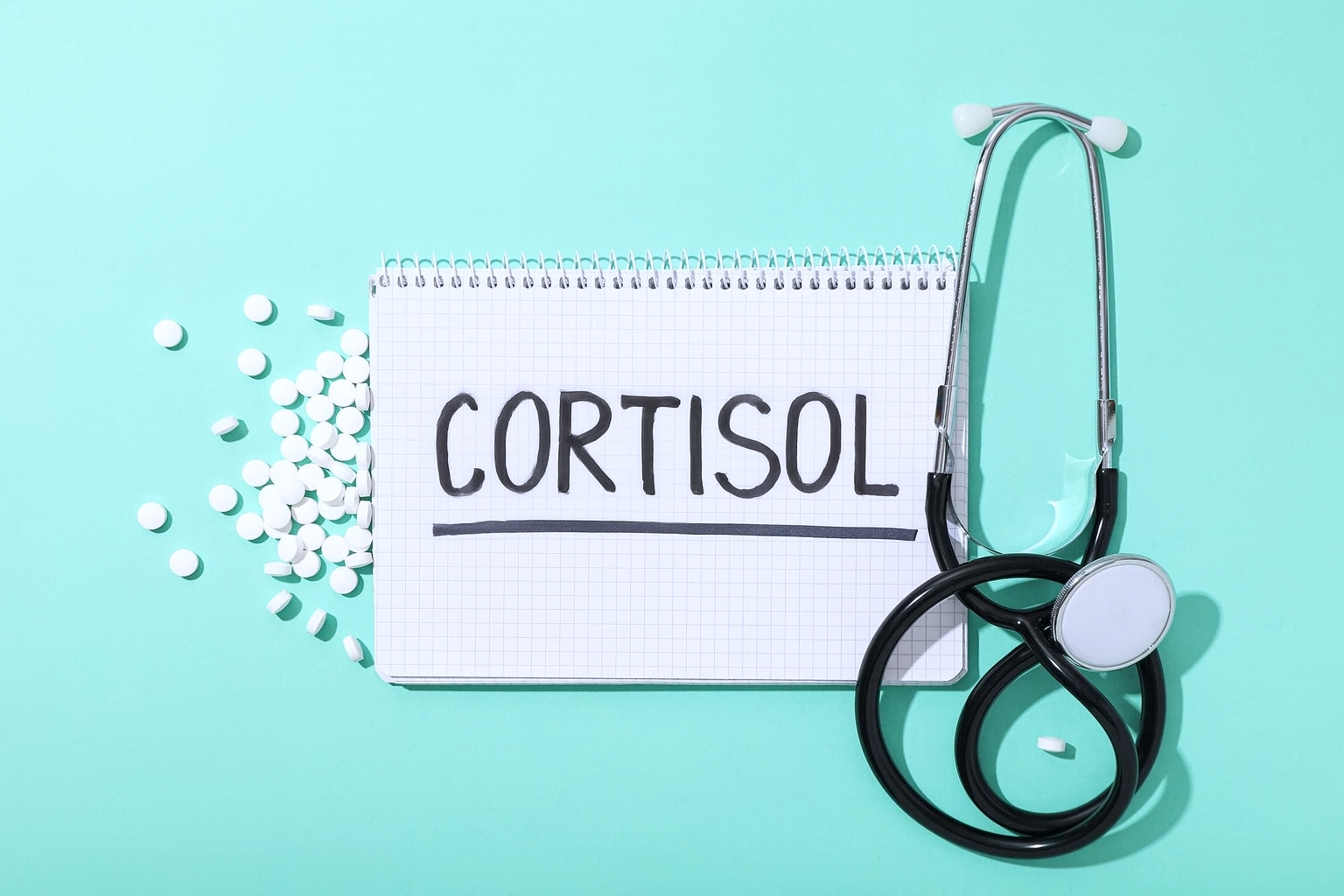Cortisol is the main glucocorticoid synthesized in the fascicular zone of the adrenal cortex. Cortisol levels reflect acute, chronic, and diurnal changes in the body across various physiological and psychological states.
Typically, the highest secretion of cortisol occurs in the second half of the night, reaching its maximum level in the early morning, after which cortisol levels decrease throughout the day, recording the lowest levels in the first half of the night.
Cortisol plays an important role in regulating many crucial physiological processes, including energy metabolism, electrolyte balance, maintenance of blood pressure, immunomodulation, stress response, cell proliferation, as well as cognitive functions.
The main part of cortisol circulates in the plasma bound to proteins: corticosteroid-binding globulin and albumin. The biologically active free fraction accounts for only 2-5% of total cortisol.
High levels of cortisol can be detected during stress reactions, psychiatric disorders, obesity, diabetes mellitus, alcoholism, and pregnancy, which can cause diagnostic problems in patients with Cushing's syndrome. Low levels of cortisol are observed in patients with rare adrenal enzyme disorders and after prolonged stress.
When blood cortisol levels are low, the hypothalamus in the brain releases corticotropin-releasing hormone (CRH), which in turn causes the pituitary gland to produce adrenocorticotropic hormone (ACTH). ACTH stimulates cortisol secretion, leading to an increase in blood cortisol levels. When cortisol levels rise, they begin to inhibit the release of CRH from the hypothalamus and ACTH from the pituitary gland.
The causes of high cortisol (hypercortisolism) are:
1.Overproduction of ACTH due to a CRH-producing tumor, an ACTH-producing pituitary tumor (Cushing's disease), or other tumors.
2.Autonomous overproduction of glucocorticoids by the adrenal fascicular zone, for example, in the case of a tumor (Cushing's syndrome).
Manifestations of hypercortisolism include:
• increased arterial pressure.
• weight gain with fat accumulation in the face, neck, and torso, while the limbs are relatively thin.
• hyperglycemia.
• suppression of the immune system (lymphopenia, eosinopenia).
• decreased muscle mass.
• osteoporosis.
• thinning of the skin.
• appearance of striae.
• slow wound healing.
The causes of low cortisol (hypocortisolism) are:
• Addison's disease (primary adrenal insufficiency).
• Secondary adrenal insufficiency.
• Pituitary insufficiency.
• Hypothalamic insufficiency.
• Congenital adrenal hyperplasia (defects in enzymes involved in cortisol synthesis).






